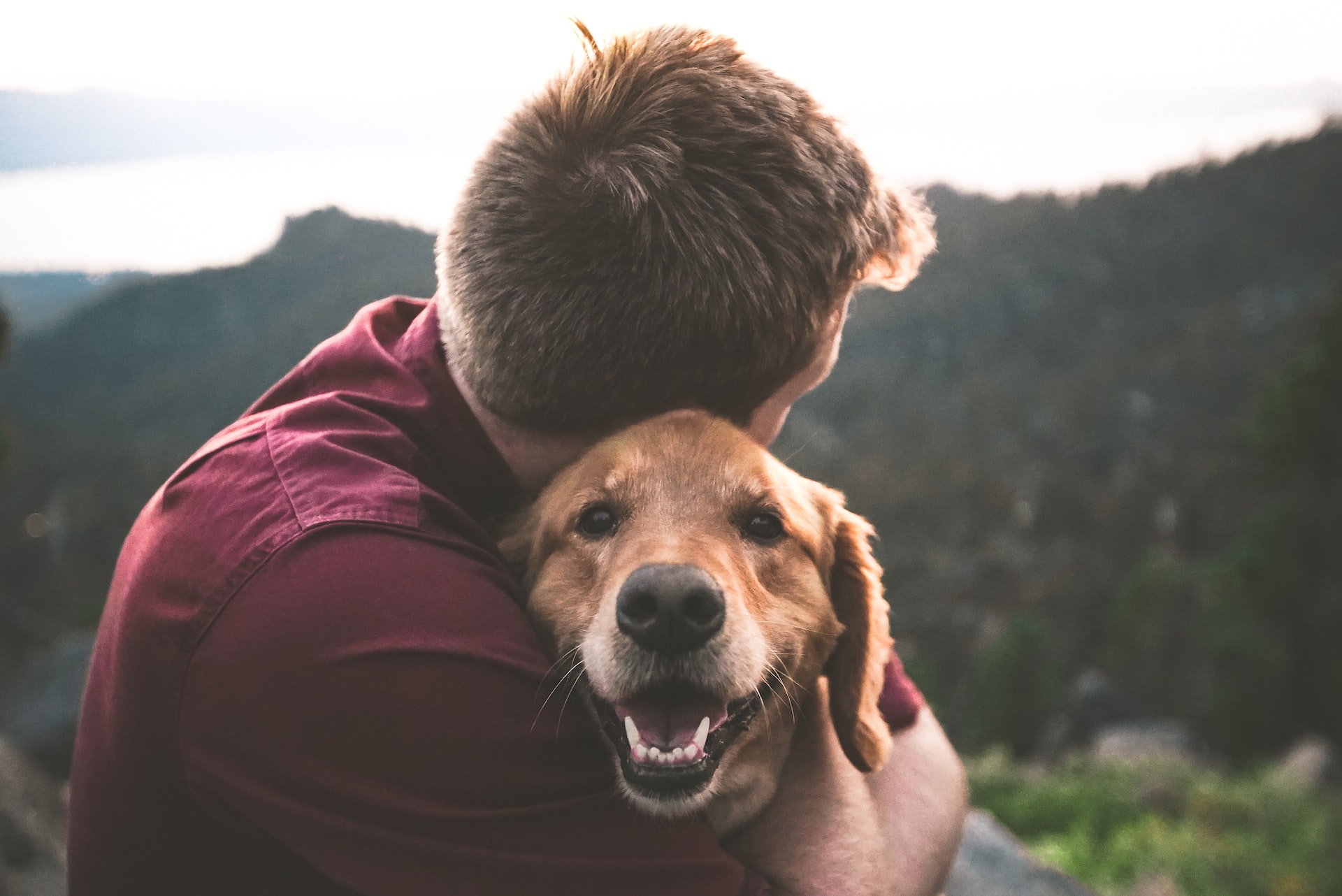Dealing With an Anxious Dog
Many humans deal with heightened anxiety, which can impact their day-to-day life, but this can also be the case for dogs who have gone through trauma or stress. Triggers or surroundings are often what causes moments of stress and anxiety within dogs. Whether you have recently rescued your pooch from a shelter or your old pooch showing signs of anxiety, you may believe that now is the right time to put strategies to reduce their fears. Patience and care are key when dealing with a nervous dog, but as you may expect, the process will not be immediate. In this guide, we’re going to offer some useful tips on how to help your dog get over their fears and live a much happier life:
-
Create a safe space
If your dog ever feels overwhelmed within the home, it would be a good idea to create a safe space where they can retreat; providing it is far away from the trigger of the anxiety. However, it should also be close enough to you that they don’t feel separated from the rest of the household. The space may contain a comfy bed, treats, and toys to keep them occupied and help take their mind off their worries.
-
Expose them to new things
It may seem like the counter-argument in making your dog feel safe and comfortable; however, shielding them from the outside world will only cause their fears to develop and gradually worsen. De-sensitization is key with dogs as they learn behaviors through repeated exposure. Once they are aware nothing terrible is going to happen, they’ll start to relax in their surroundings and grow in confidence. Grooming, for example, is one of the experiences that can be an extremely nerve-wracking experience for even the most confident of dogs; therefore, anxious dogs can find it completely overwhelming. With this in mind, you should aim to find low-stress pet grooming in Arizona that deals with nervous dogs and knows how to handle them correctly.
-
Give them plenty of exercises
When dogs are cooped up with no distraction to keep them occupied, their stress levels can rise, which is why you should aim to give them as much exercise as possible. When your dog is active, endorphins are released, which boosts their mood and well-being instead of suffering from anxiety attacks. Also, with the added stimulation of sights, sounds, and smells to keep them busy, you’ll notice they’ll be far less included to grow worrisome while out and about over some time.
-
Anti-anxiety medications
In worst-case scenarios, you could chat to your veterinarian about whether it would be worth prescribing your dog anti-anxiety medication. First, however, some of the questions you may want to ask include:
- What are the side effects?
- Will it change their character?
- Will it cause extreme tiredness?
- Will it impact their life expectancy?
Once your questions are answered, you may feel as though you can make a well-informed decision on whether this is the correct route.


































